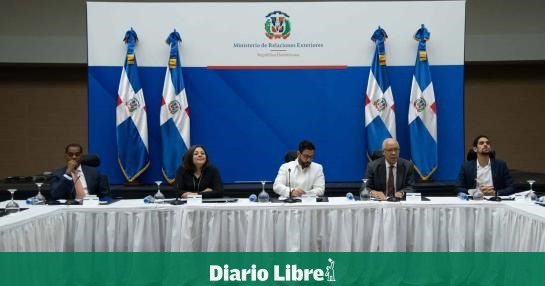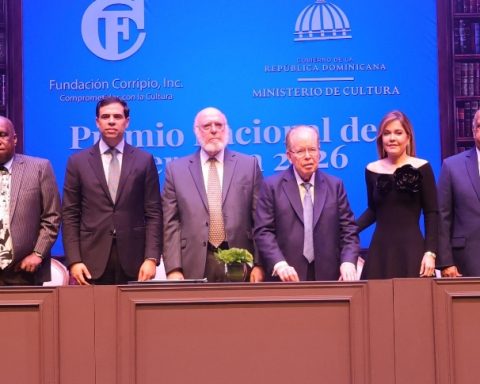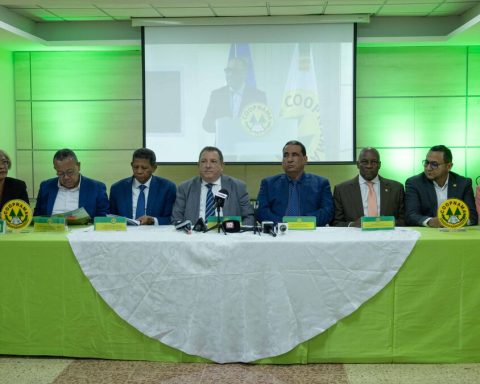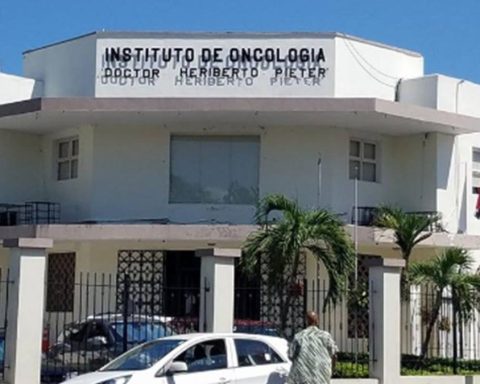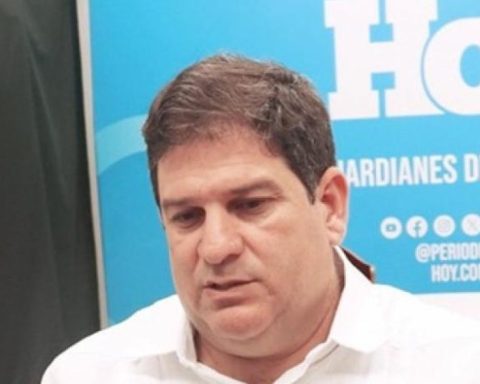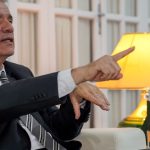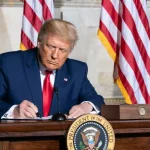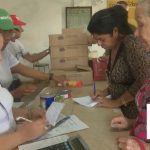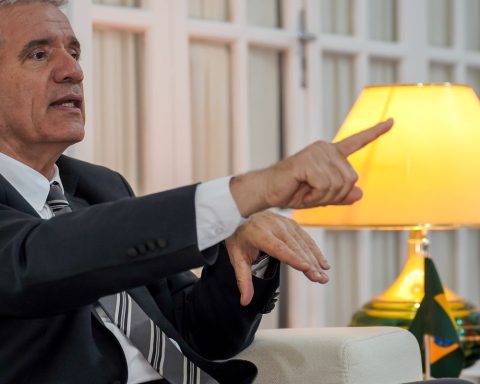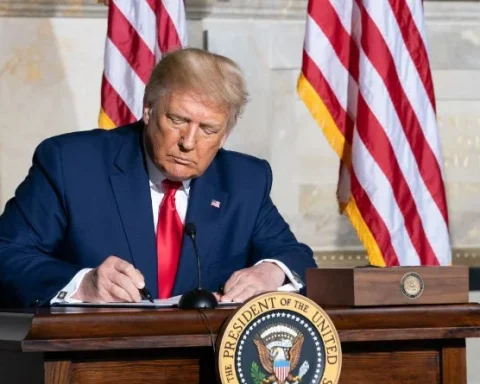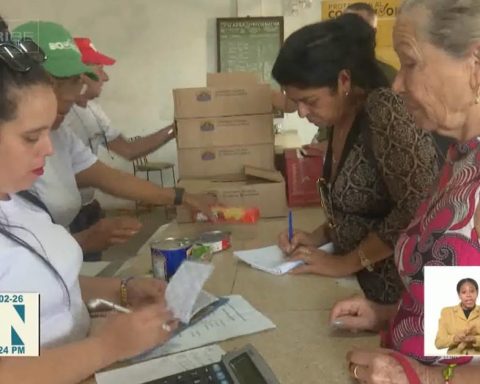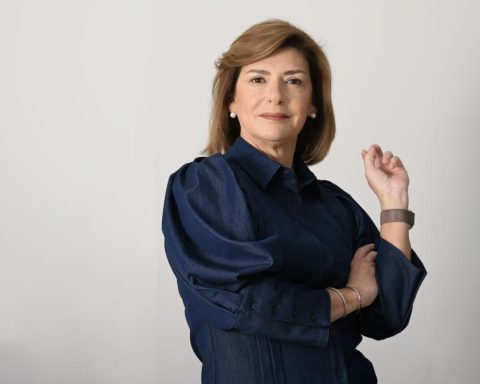At the table that addresses the country’s reform in terms of foreign and immigration policy is discussed, but not on any specific proposal. One month after opened up this spacethe members still talk about procedures, methods and methodologies or the time that their interventions should last.
This Monday the works focused on the foreign policy of the country, but the only agreement reached was that each sector study the presentation of the foreign policy currently executed by the Government; Analyze them and send your considerations to the Economic and social Council (ESC), which in turn will send them to the other members before the next meeting.
Complaints also continued from the political parties opponents, who considered that the official sector has not yet submitted a point for the beginning of the discussions as convening party.
“There is not a single document of a government proposal on foreign policy. The only thing they have given us is a five-page document, very enunciative, which cannot be considered a proposal”Representative of the PRD
José Holguín Brito, Vice Minister of the Presidency for Government Monitoring and Coordination, came out in defense of the Government. Holguín Brito pointed out that the quality of a document is not measured by the number of pages. He later recognized that what was presented by the official sector may be incomplete, so he asked the attendees to enrich those contributions.
This proposal by Holguín Brito was not well received by the matchesespecially by the representatives of the People’s Force (FP).
“We can’t come matches of opposition to do their homework on what their foreign policy will look like. We can collaborate, support actions for the well-being of the Dominican people,” said Mariet Espinal, deputy secretary of Migration and Immigration of the FP.
Rather than submit a proposal, the Government made a presentation of its foreign policy axes that it currently implements: protect Dominicans who are outside the country, promote Dominican exports and foreign direct investment and, lastly, promote democratic values and the promotion of human rights.
Also, the official sector indicated the pending regulatory challenges’, such as establishing a new visa classification for digital nomads, athletes, religious, interns and transit, as well as on visas for investors, retirees and rentiers. Another point is to solve the “inconsistencies” of the family reunification visa.
“I’m a bit confused because I don’t know if they presented us with guidelines to discuss public policy proposals or accountability. Unfortunately, in this form we are not going to get anywhere. What we have seen in the presentation, very beautiful, are things that the Government has done,” said Mihail García, deputy secretary of International Relations of the People’s Force.
Luis Fernández, representative of the Dominican Liberation Party (PLD), stressed that the official sector cannot expect the organizations to establish a position without first reaching consensus within them. He suggested that Government presentations should be sent to others in advance. Thus, when the day of the meeting arrives, the representatives are prepared to defend and make known the position of the organization.
The same approach was made by Nilo de la Rosa, legal consultant to the Ombudsman. De la Rosa also considered that there has not been a specific proposal from the Government to discuss.
suggestions
The Broad Front party went further and presented its suggestions on issues that should be considered at the table, such as that the Dominican Republic guide its foreign policy in the vindication of its national sovereignty and the self-determination of other nations according to the principle of non-intervention .
Pedro Franco, continuing with the reading of the document of the party he represents, added as a second point that the country must support the peaceful solutions of conflicts and controversies between nations in the instances it participates in, and assume a conduct of non-alignment. Another issue was discussing public policies regarding the diaspora, especially how to alter the “expulsion rate” of the Dominican population for economic reasons.
Wanting there to be progress at the table, Luis Humberto Vargas, representative of the National Association of Dominican Economists, considered that proposals can be made from the axes presented. In his case, on the protection of the diaspora, he asked what public policies the government is implementing to favor these Dominicans.
